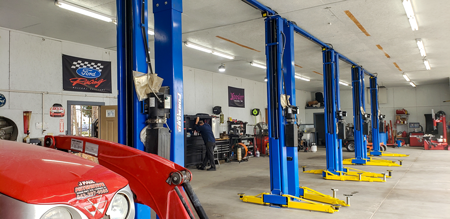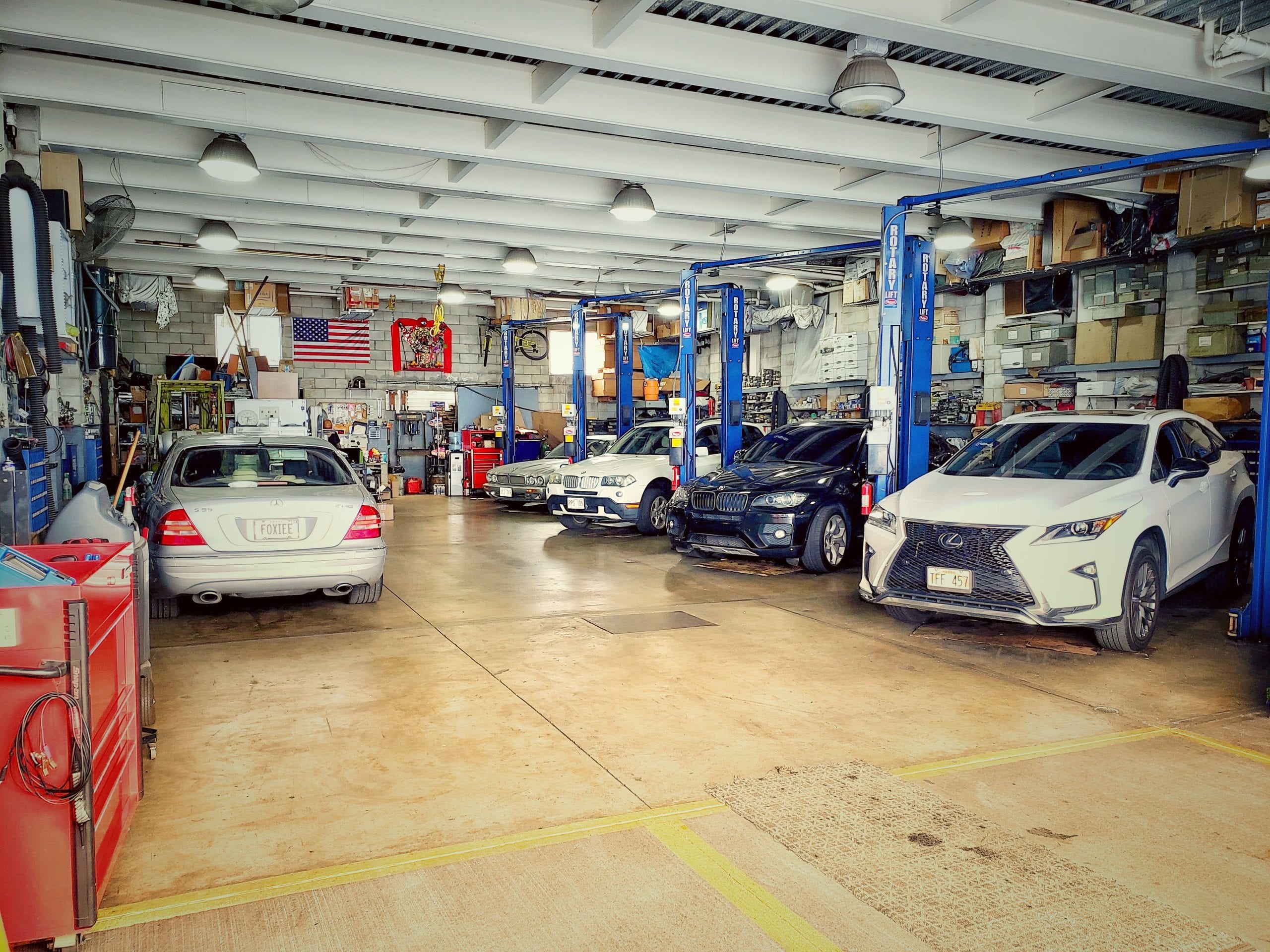All Categories
Featured
Your lorry's brakes are one of the most crucial components in guaranteeing your security and the safety of others on the roadway. Regular brake evaluations are essential to keeping optimal braking performance and staying clear of costly repairs. Whether you're a seasoned car owner or a new chauffeur, recognizing brake assessment standards can assist you remain proactive about maintenance and ensure your vehicle is always roadworthy.
- Why Brake Inspections Matter. Brakes undergo constant deterioration. The more you drive, the a lot more rubbing your brake pads sustain, ultimately bring about minimized braking efficiency. Without correct inspection, it's tough to determine when your brakes may be in demand of fixing. Routine brake checks assist identify problems beforehand, avoiding possible failings that could place you in danger.
A well-kept brake system guarantees fast, receptive stopping power, specifically in emergency situations. It additionally helps expand the life of your automobile, as neglecting brake upkeep can cause extra serious, expensive problems later on.
- Indicators You Required a Brake Assessment. While it's critical to have your brakes inspected periodically, certain indicators may show that they require focus. Watch (and ear) out for these warning signals:
Squealing or Grinding Sounds: Uncommon audios, especially a shrill screech or grinding sound, typically mean that your brake pads are worn down. Resonance or Pulsation: If you feel resonances or a pulsing feeling when pushing the brake pedal, it can be an indicator of warped blades or unequal brake pad wear. Reduced Brake Responsiveness: If your brakes really feel less receptive or you need to push the pedal harder to decrease, it might show air in the brake lines or reduced brake liquid. Drawing to One Side: If your lorry pulls to one side when stopping, it could imply uneven brake pad wear or a brake liquid leakage. Dashboard Caution Lights: Some automobiles have brake-related caution lights that suggest issues like low brake liquid or used brake parts. If you see any of these signs and symptoms, it's important to have an expert mechanic execute a brake inspection as quickly as feasible.

- What Happens Throughout a Brake Assessment? During a brake examination, an auto mechanic will certainly check numerous key elements of the braking system to guarantee whatever is in functioning order. Here's what you can anticipate during the process:
Brake Pads and Shoes: The technician will check the density of the brake pads or shoes. If they're too thin, they'll need to be replaced. Brake Rotors: Rotors are the discs that the brake pads press against to slow your auto down. They'll be looked for any signs of wear, scoring, or warping. Brake Fluid: Low or contaminated brake fluid can harm stopping performance. The technician will check the liquid level and top quality and leading it up or purge it if needed. Brake Lines and Hose pipes: Brake lines lug fluid from the master cylinder to the brakes. The mechanic will look for any type of leaks, fractures, or damages to guarantee correct liquid flow. Brake Calipers and Wheel Cyndrical Tubes: Calipers and wheel cyndrical tubes push the brake pads against the blades or drums. The service technician will look for wear, leakages, and proper procedure. 4. How Usually Should You Have Your Brakes Examined? The regularity of brake assessments depends upon aspects like your driving practices, the type of lorry you drive, and the atmosphere in which you drive. As a general regulation, it's an excellent idea to have your brakes checked every 12,000 miles or yearly. If you experience any of the warning indications pointed out previously, it's crucial to obtain your brakes checked quickly.
For those that frequently drive in rush hour, hilly terrain, or rough weather, even more constant evaluations may be necessary.
- Significance of Timely Brake Fixes. When you discover an issue with your brakes, it's necessary to address it today. Delaying brake fixings can bring about more substantial damage to your stopping system, resulting in higher fixing costs. In severe instances, disregarding brake concerns can bring about complete brake failing, which is a severe security threat.
By remaining on top of brake maintenance and attending to problems immediately, you guarantee that your brakes remain to perform as planned, maintaining you and your travelers secure when traveling.
Verdict: Maintain Your Brakes in Leading Shape. Brake evaluations are an easy yet essential part of vehicle upkeep. By recognizing the importance of regular evaluations, recognizing the indicators of brake problems, and remaining positive with fixings, you can guarantee your vehicle's braking system continues to be in optimal problem. Normal brake checks provide comfort, recognizing that your vehicle prepares to respond when you require it most. Prioritize brake upkeep-- your security depends on it.
Latest Posts
Explore Cost-Effective Auto Repairs with Montclare’s Limited-Time Service Specials
Join WyHy FCU – Essential Perks for Your Financial Future
Explore the Storied Past of Deauville Inn: From Speakeasy to Jersey Shore Icon
More
Latest Posts
Explore Cost-Effective Auto Repairs with Montclare’s Limited-Time Service Specials
Join WyHy FCU – Essential Perks for Your Financial Future
Explore the Storied Past of Deauville Inn: From Speakeasy to Jersey Shore Icon
